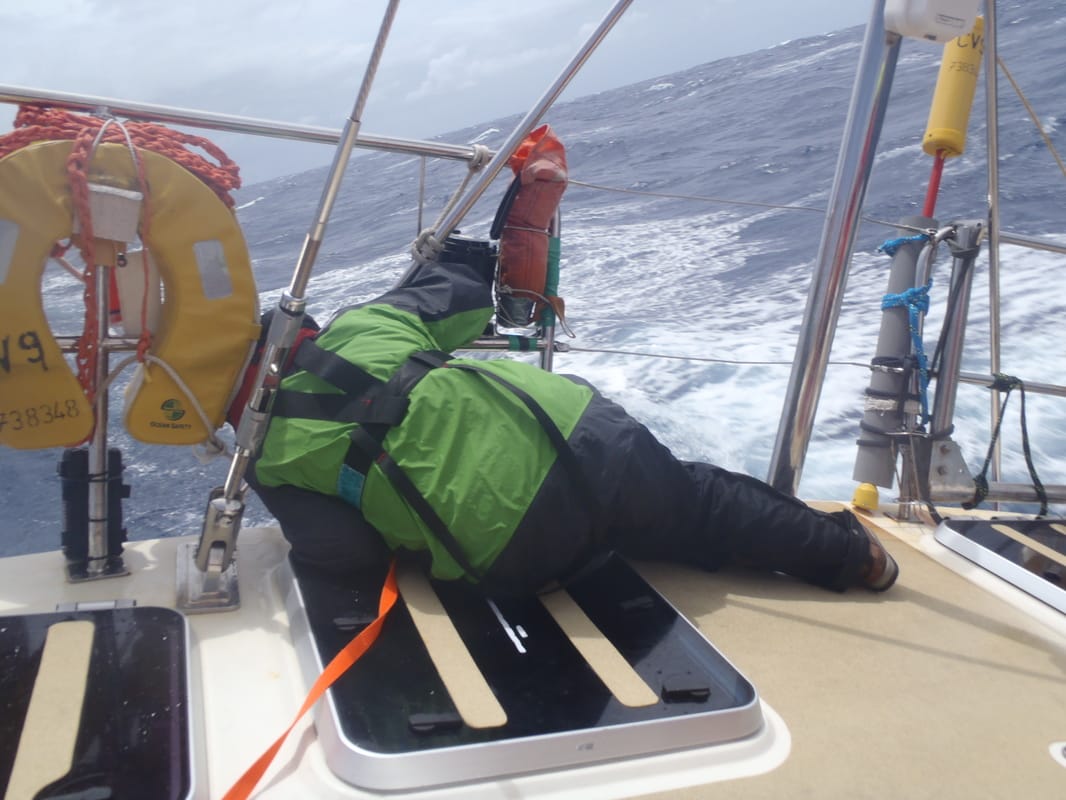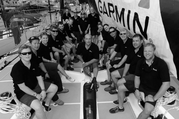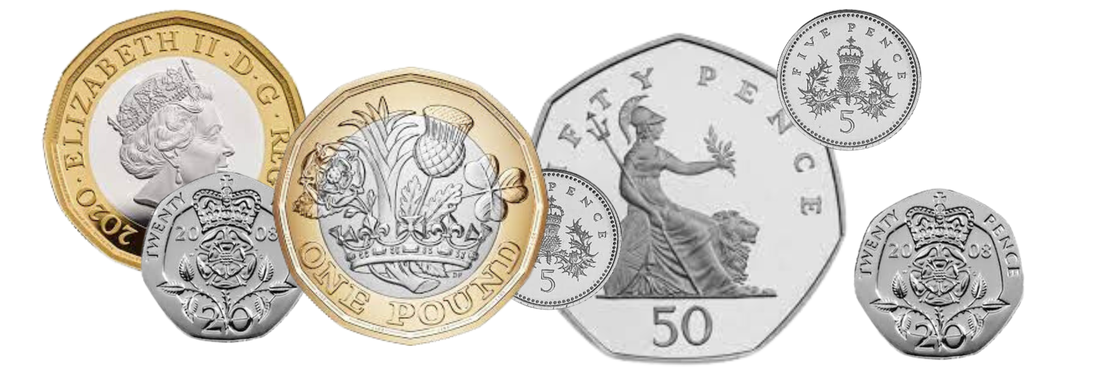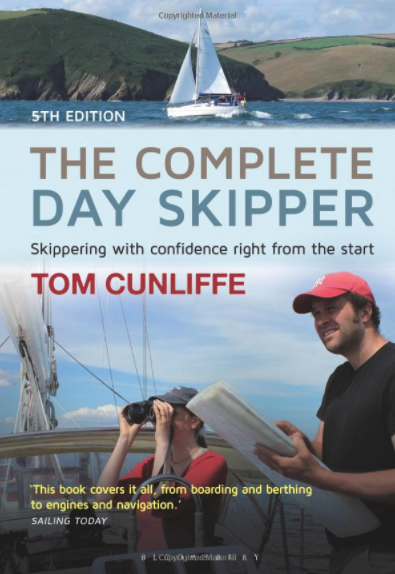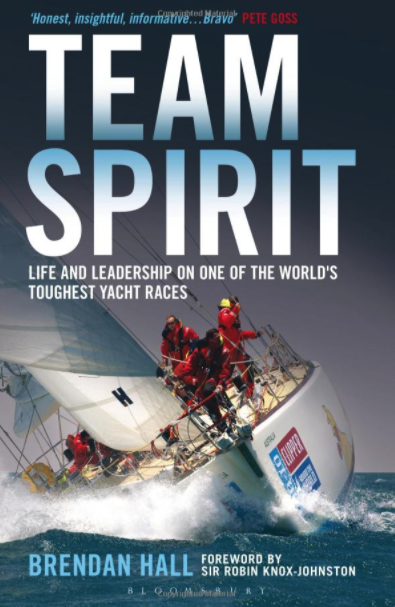|
Those of you that have read 'Tales of the Riverbank', might believe that there's "nothing but nothing so absolutely wonderful as messing about in boats", but I'm pretty sure Badger and Ratty hadn't been on the weather rail all night, downwind of a projectile-vomiting Toad. 'Mal de mer' as the French would say, is basically motion sickness; the disconnect between what your eyes are seeing and what your balance receptors are telling your brain. It causes the body to react and it makes you feel nauseous - and sometimes vomit; sometimes spectacularly. In itself this is nothing but unpleasant, although in severe and prolonged cases it can cause dehydration and therefore result in further complications. It is therefore imperative that you keep an eye on a sufferer and encourage them (without nagging) to keep sipping water even if they are feeling very ill. Remember too, if you are taking medication, including the contraceptive pill, you are in danger of losing its beneficial effects after a bout of vomiting - even once home. If you suffer in cars or on flights, it is more likely that you will need to medicate when at sea in rough weather. Common sense would suggest that if you already know that you suffer, be prepared. The key is to medicate early (12 hours before you sail) if the remedies are to have a chance to work. They do say that there are only two types of people in this world; those that suffer from sea sickness and those that have yet to suffer. Most people are not normally sea sick, although many worry themselves unnecessarily about it. I'm one of the lucky ones. I did feel sea sick when I first started to sail 25 years ago but almost never was, except for one night in a F10 storm off the Moroccan Coast. Nowadays I don't even think about it - although I am very aware that we can all get it if a bit under the weather, so I am not saying it won't hit me again! Anyway, Lord Nelson was sick every time he went to sea and he was quite a decent sailor by all accounts. The good news is that sea sickness will pass. On the race a severe sufferer might be ill for 2 - 3 days. As the weather abates they recover. The more hydrated you stay the faster you get better. Most are only ill when it's pretty rough and even then, only for the first 24 - 36 hours of a trip. Unfortunately most early offshore phases in Training are 24 - 48 hours in duration, so if you are one of the unfortunates you might not see the other side of the sea sickness coin before you are back alongside. Don't worry - trust me - it will stop, eventually! In any event, like so many things at sea, look after yourself and look after your mate. Be considerate of those suffering - you might be next! And if you suffer, there are always drugs to help... The bad news is that there is no absolutely guaranteed preventative measure available in capsule form. You will need to try several if you suffer and work out what works for you. What makes you sick? A trigger with newbies is extended periods of time at the chart table - or in the galley, so try and avoid that if you start feeling ill and if you do feel poorly when cooking, take a few minutes to get some fresh air and check out the horizon - this really does help a lot. The smell of diesel or a flushed heads (toilet) can set you off too. You can see why being below is a factor for some. If you allow yourself to get too cold or too warm it can strike the more susceptible. It also prays on the hungover and those feeling 'under the weather'. Apparently, women having their period are more likely to suffer, although I'm afraid I'm no expert in that department and will steer clear of advice there. The classic for Clipper Racers in Training is after dinner on their first night at sea on L2. Eating too many stodgy carbs, going to bed on a full stomach and not getting horizontal fast enough when coming from watch (or changing below to get on watch) can bring it on in the most susceptible. The trick is to get to bed fast when going off watch and get to deck fast (dressed and kitted of course) when coming on watch. Fresh air and watching the horizon helps. Don't get too hot or too cold and sip water and nibble food regularly and you'll be fine. What are the Symptoms? Having sailed for 25 years or more, my general experience of the sea sick is that sufferers normally go quiet for a while first, then pale and sometimes they become cold and clammy. A friend of mine once went an unbelievable green and then deep deep purple. He looked rather like he'd been in a ring with Mike Tyson in a bad mood. It was a sight to behold and, in an uncharitable way, even quite amusing - for me at least. Needless to say, he was a very very old friend. I'm much nicer with training crew..ahem. Sufferers become lethargic and sometimes unsteady on their feet. They can also feel bloated and queasy. Sounds fun so far, right? Thankfully sea sickness isn't life threatening although they do say that the stages of sea sickness start with the sufferer fearing he's so ill he's actually going to die and then, after several hours, comes the awful realisation that in fact, he might not. Don't confuse sea sickness with hypothermia, a much more serious condition and, of course, being sick at sea might be a symptom of something else, so treat a sufferer like any other casualty once they become overcome by the symptoms and unable to function properly under their own steam. Many will never feel anything but just a bit queasy. However, especially if it is rough or you are spending extended times below decks, perhaps doing chart work or cooking, you might become nauseous and vomit. If you start, it's likely that you will soon feel unsteady on your feet and lose strength quite quickly once you are fully gripped by it, especially if you are not eating and drinking. But you can come back from it and some are much better after a quick 'tactical chunder'. It's up to you. What can I do if I get it? Most only ever feel 'a bit nauseous' but if it is rough you might actually have need to call over the side for 'Uncle Ralph' once or twice. Again, this is very personal to the sufferer, but most feel better right after. Some 'puke and play', carrying on as normal, some collapse in a heap of misery. Whilst there is some element of strength of character at play here (and adrenaline plays its part too), I really believe that some people just suffer more. It's not always something you can just power through. I have seen a World Class pro 'Cage Fighter' that knows about physical discomfort and managing it just crumble because of sea sickness. He later admitted he'd thought he could just power through, and he did try, but eventually it wore him down. He was the first to admit he had to find a way to manage it - and he did. Try and be brave if you are unfortunate enough to suffer. But if you try your best and have to stop, that's fine. After all, we want you on deck learning, not in your bunk being sick, so try and manage your body early and look after yourself. To anyone that sails, a crew member with sea sickness is no big deal. Throwing up in front of strangers isn't most people's idea of a fun day out but please don't be embarrassed. We've seen it all before. Take it from a man that has been puked on by many. Of course, I'd rather you didn't add to the tally, so please try and control your trajectory. Don't be embarrassed but do try and be considerate of others. If you get sick bad it can be very debilitating. That does not mean you can abdicate all responsibility for hygiene and social decorum, no matter how ill you might feel, try to plan where you puke! I don't enjoy being puked on any more than the next man. If on deck - clip on (of course) and try not to vomit into the wind - it is never a good idea and you'll only try it once. Helming is a good way to get rid of sea sickness. It gives you something to think about and it connects you with the motion of the boat. If all else fails, ask to go below and get horizontal in your bunk. Get warm and comfy and you should start to feel better. Take a bottle of water and some paper towel and a bucket just in case! If below and using a bucket, make sure it is passed to deck to be disposed of to avoid an unpleasant aroma gathering below. Top tip: Best warn the deck what's in the bucket! Most skippers like sufferers to be near the wheel somewhere so they can keep an eye on them - or lying down flat, securely in their bunk, with a bucket, a bottle of water and a warm sleeping bag. Hopefully some kind person will come and check on you every now and again. Try and stay hydrated and warm and don't be tempted to stay on deck on your off watch! You must go below or you'll become cold and dehydrated. Then your problems really start! There are a variety of pills and patches and wristbands available to the susceptible. Patches are quite good but very strong and all have side effects. Check restrictions on use. Ginger and flat cola are considered to be good for the symptoms. Some people use sea bands and some use tablets which you can get from any pharmacy. Whatever pills you take, take them at least 12 hours before you start sailing. If you start taking them late they'll have no time to work. Obviously, if you start vomitting, the tablets will stop working. That's when patches seem a good idea. Double vision, dry mouth and drowsiness are all symptoms of the remedies, so read the box carfeully. Remember, most people are not sea sick, especially in normal conditions. The most reliable way to avoid sea sickness is to stand under an oak tree. However, next best you can try wrist pressure bands, motion sickness tablets or patches. Ginger is said to help and flat coke too. Patches are good because you can't throw them up - worth considering. If you take pills, take them at least 12 hours before you sail, so the night you arrive on the boat before on a training course. If you wait until you feel ill, it's almost certainly too late. The patches are sold under various brands but I think Dramamine is the main brand. It is strong and does have side effects. As with ALL medication, read the labels before taking and if unsure, consult your doctor.
Comments
|
Mark Burkes is a former Clipper Race Skipper, a round the world crew member, Clipper Training Skipper & jobbing RYA Yachtmaster Instructor. He has over 250,000 miles logged.
Mark also writes professionally both online and offline and has written for Yachting World. ADVICE BY TOPIC
All
Fierce Turtle is not linked to nor is it in any way accredited by the splendid folk at Clipper Ventures. All opinion is my own.
Archives
July 2023
This blog is entirely free. However, if you'd like to make a small contribution towards web hosting costs it'd be very much appreciated.
|
fierceturtle.co.uk |
PRIVACY & GDPR POLICIES
© COPYRIGHT 2012-23. ALL RIGHTS RESERVED. 256 bit secure checkout powered by stripe. |
